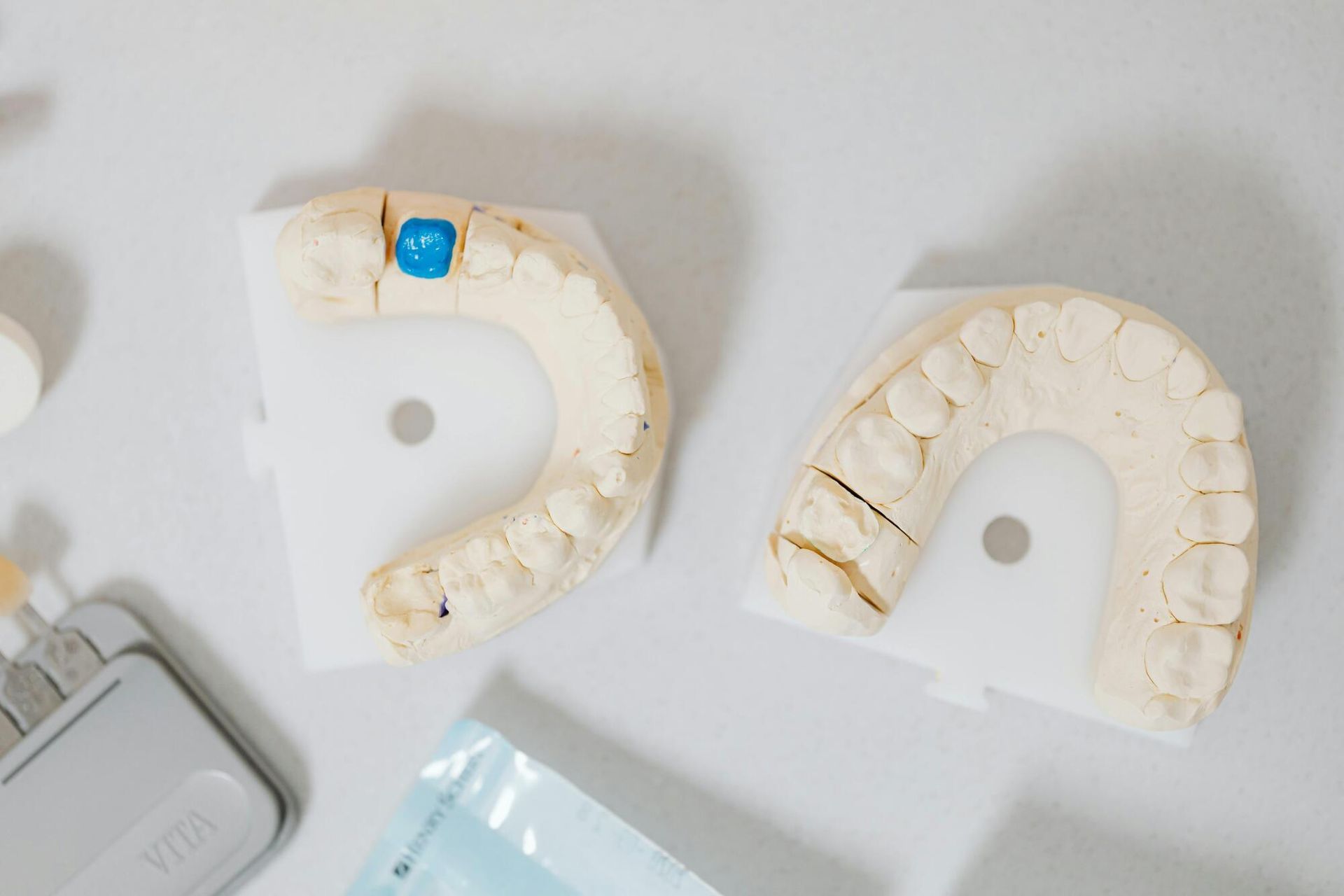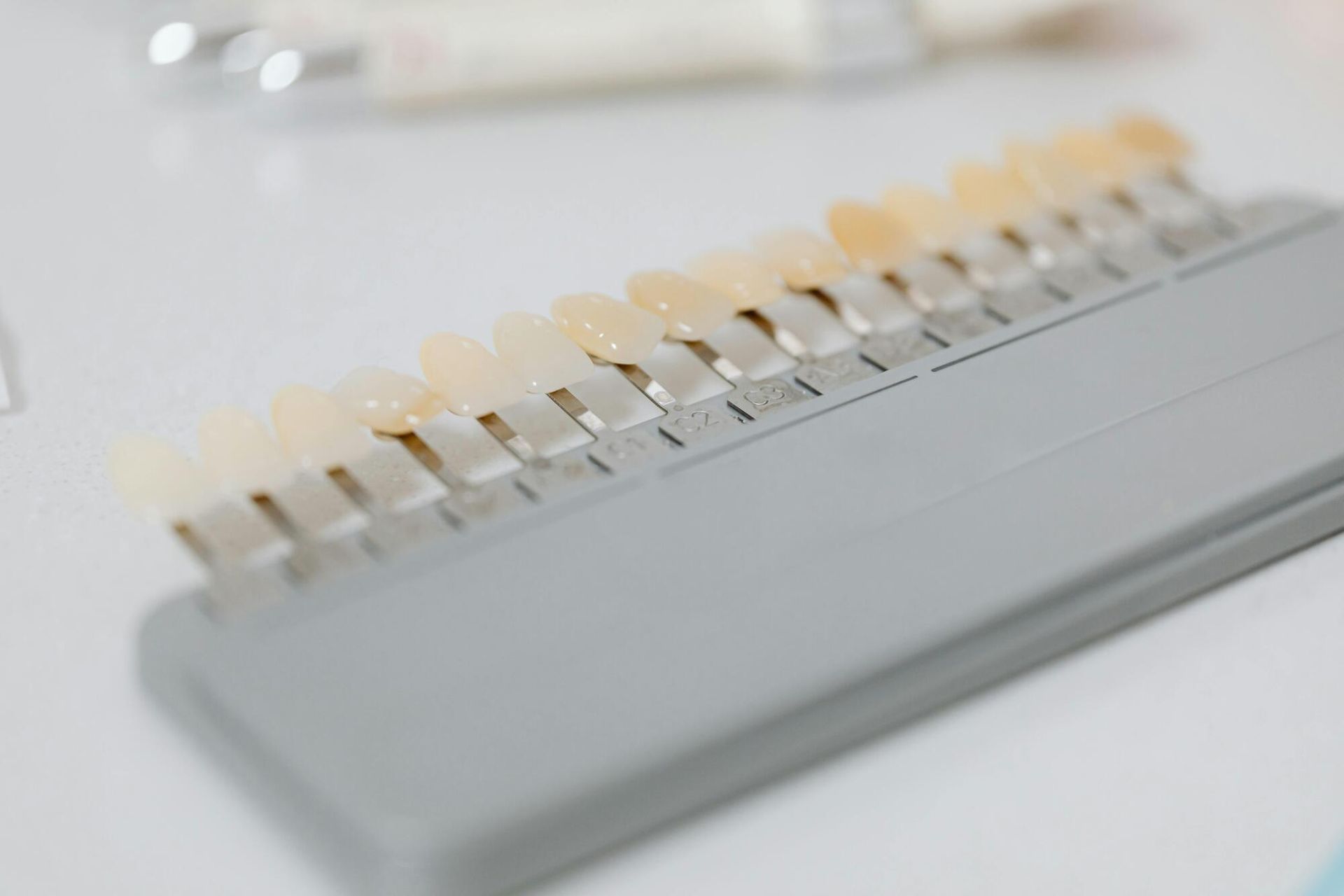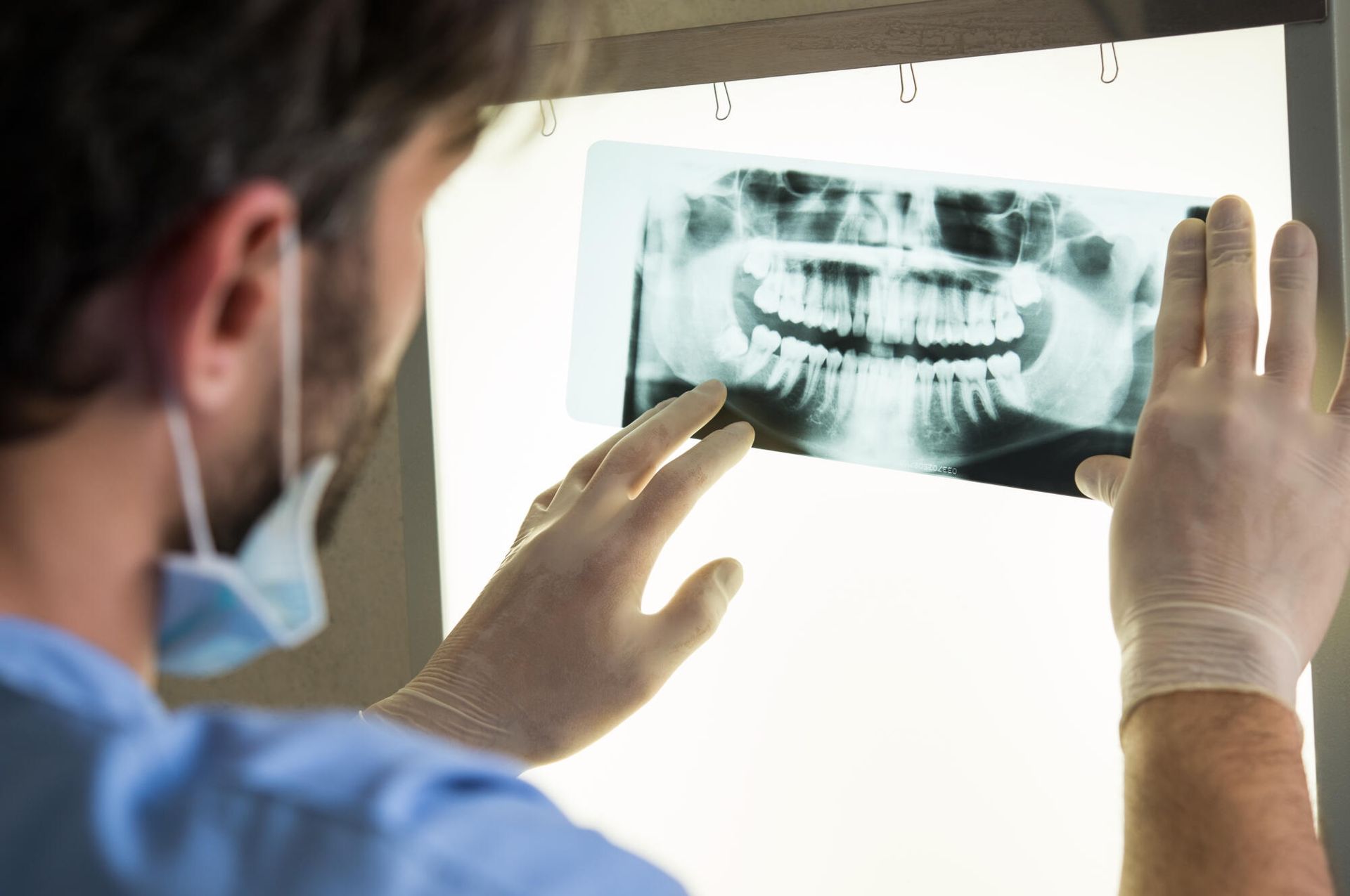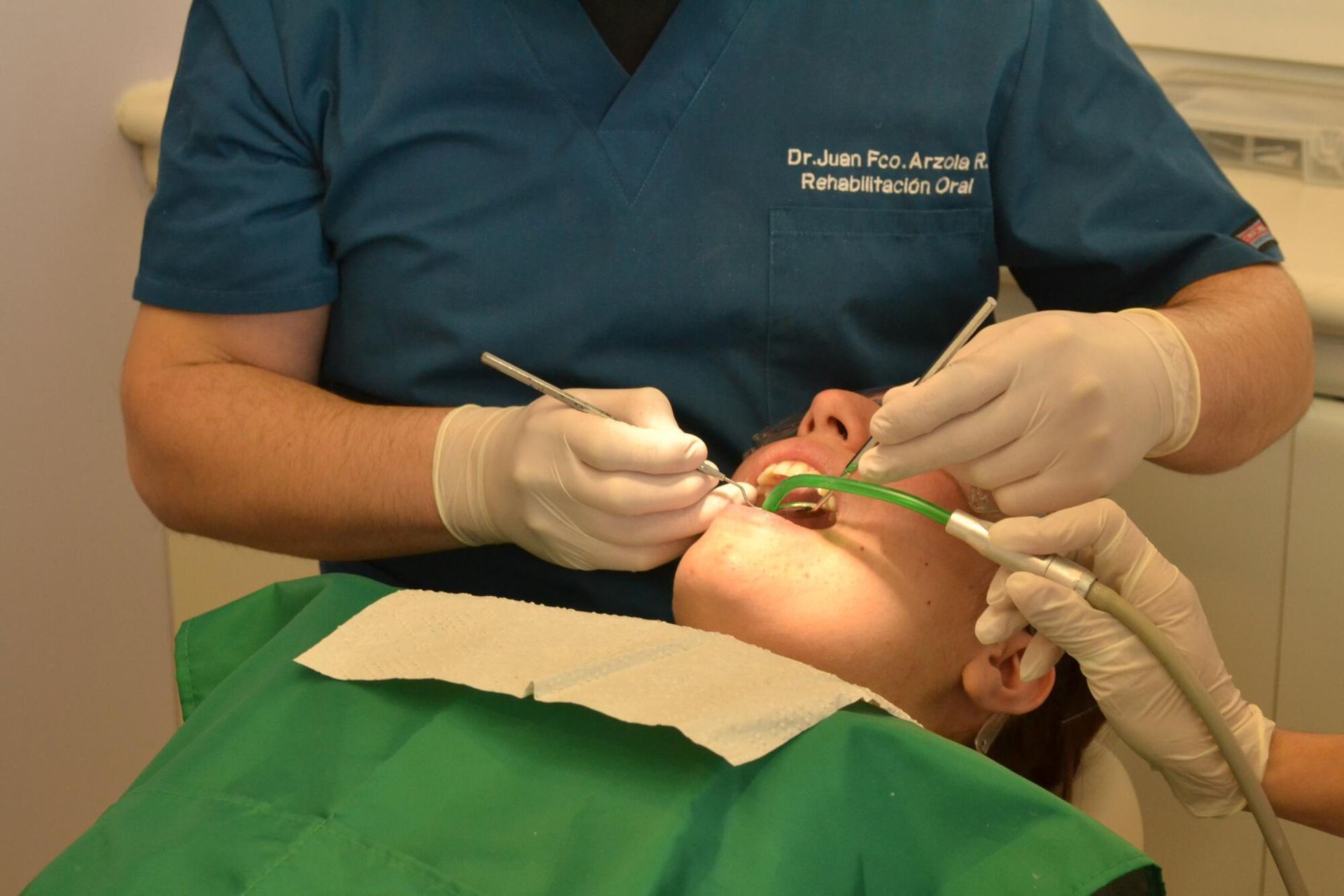7 Common Dental Problems and How to Avoid Them
More than 3.5 billion people worldwide suffer from some kind of oral or dental condition. Needless to say, dental problems are very common but they are also very easy to prevent.
With regular dental hygiene and occasional visits to your dentist in Arlington, TX, your dental health should remain in great shape throughout your life.
But what are the most common dental problems anyway and how can you identify them? Keep reading and learn more about these dental problems and how you can prevent them below.
1. Tooth Decay
Tooth decay is certainly one of the most common dental problems in the world. Tooth decay is simply a question of oral hygiene.
If you don't brush your teeth, the bacteria in your mouth will start to produce acid in response to metabolizing particles of food in your mouth. Over time, this acid will start to dissolve your tooth enamel and result in tooth decay.
Tooth decay starts quite slowly, and you may not even know that you have this problem at first. It only becomes more noticeable once your teeth start to look yellow or brown and when your teeth become sensitive to hot and cold temperatures. The best way to prevent tooth decay is to brush your teeth at least twice every day.
Preferably, you should brush your teeth after you eat any meal, especially anything containing sugar. That way, if oral bacteria happen to produce any harmful acid, you can simply brush that acid away before it can wreak havoc on your oral health.
2. Dental Cavities
Tooth decay and cavities often go hand-in-hand. This is because as tooth decay starts to get worse and your tooth enamel starts to get weak, dental cavities begin to form. Most people have a cavity or two without even realizing it.
This is because when cavities start, they are quite unnoticeable. They don't cause any pain and they are usually invisible or they may appear as little white dots on the surface of your teeth. But as they progress, they will slowly get more serious.
They may turn brown or black and they may even become real holes in your tooth if you leave them untreated. Eventually, they will start to cause pain and they may even cause dental infections in severe cases.
This is why finding a dentist is a good idea, so if you think you have a cavity, you can go to your local dentist and get it treated before it becomes a more serious problem.
3. Gum Disease
Gum disease, also known as gingivitis, is yet another very common oral health condition. Gingivitis is another one of those conditions that start rather harmlessly but can become quite serious if left untreated. Gingivitis involves the inflammation of the gums.
This may happen for a variety of reasons but it usually has to do with not flossing. Flossing stimulates your gums and ensures that they get proper blood flow. It also helps prevent the formation of tartar.
Tartar is a hard, white, or yellow substance that forms at the base of your teeth. It tends to irritate the gums and causes gum disease or makes it worse. Gum disease is characterized by red and puffy gums.
In severe cases, it may lead to bleeding gums, infections, and even tooth loss. To prevent gum disease, all you need to do is floss and brush your teeth.
4. Sensitive Teeth
If you have sensitive teeth, it means that you will feel discomfort when you consume something hot or cold. Tooth sensitivity happens when your tooth enamel becomes thin and weak. If your tooth enamel is too thin, it will not be able to protect the nerves inside your teeth.
This often happens due to tooth decay. However, it may also happen if you brush your teeth too hard and scrape away some of your enamel. Brushing your teeth more gently and using water with fluoride should
help the problem.
5. Tooth Infections
Tooth infections are also known as abscesses and can become quite serious if left untreated. Tooth infections are painful and usually cause swelling in the gums around the affected tooth. Tooth infections may happen as a result of advanced tooth decay or cavities.
Once you have a tooth infection, you must go to a dentist to get it treated. Otherwise, the infection may cause you to lose your teeth or it may spread to the rest of your body and cause grave consequences.
6. Receding Gums
Receding gums are usually the result of advanced gum disease. If you are not caring for your gums at all, they will start to recede and reveal the roots of your teeth. This will contribute to other problems such as tooth sensitivity and even infections.
You can stop your gums from receding by brushing and flossing. However, if your gums have already receded, you may need to get surgery to replace the missing tissue so the roots of your teeth remain protected.
7. Cracked or Chipped Teeth
Damaged teeth often happen from grinding your teeth, chewing on hard substances like ice, or sustaining some kind of trauma. Whatever the case, the only way to fix a damaged tooth is to go to the dentist.
If your tooth is cracked, the dentist may use a crown to cover it. If it is only chipped, the dentist may use a veneer or dental bond to cover it.
Treatment From Your Dentist in Arlington TX
There are many dental problems to consider, and that's why it's important to have a dentist in Arlington, TX on your side. As long as you have a good dentist, you can go in for the occasional checkup and make sure your dental health is in good shape.
To learn more about dental care,
contact us here.
Dr. Heather E. Martinson













